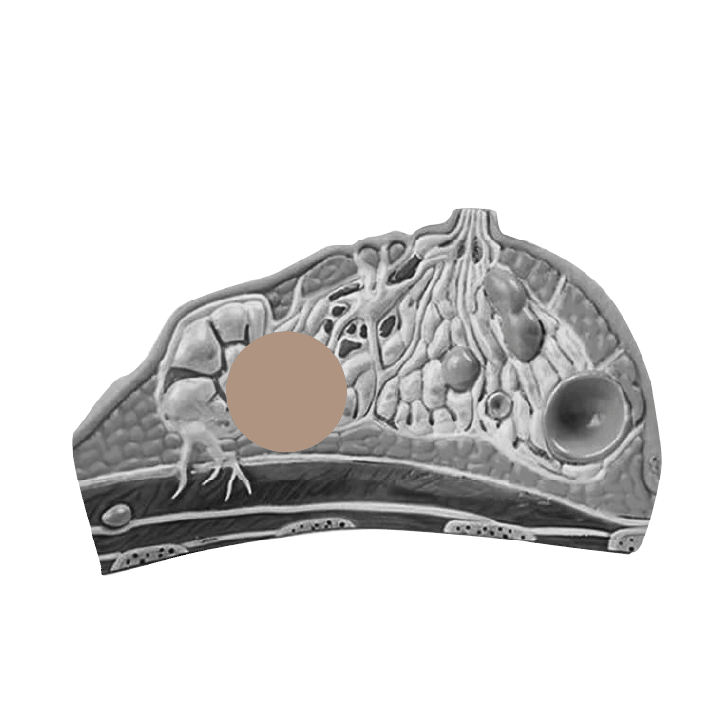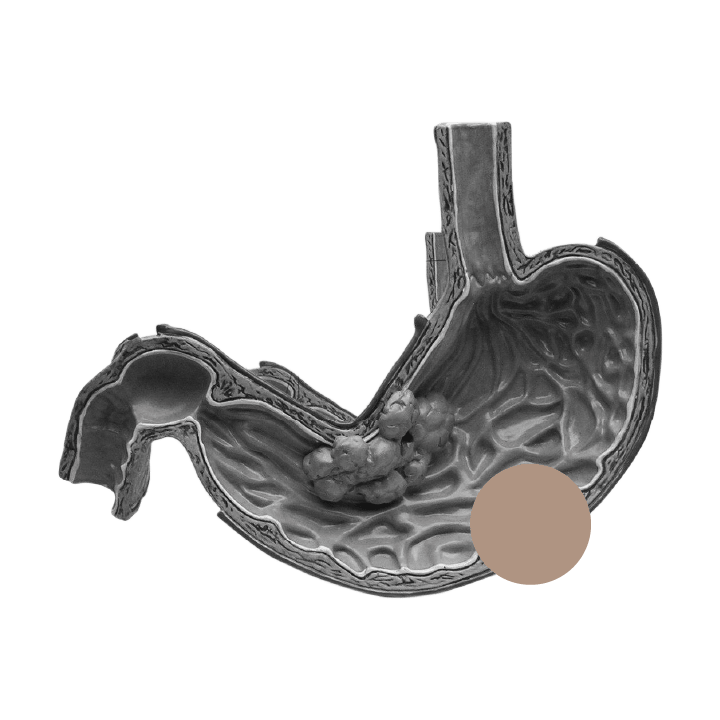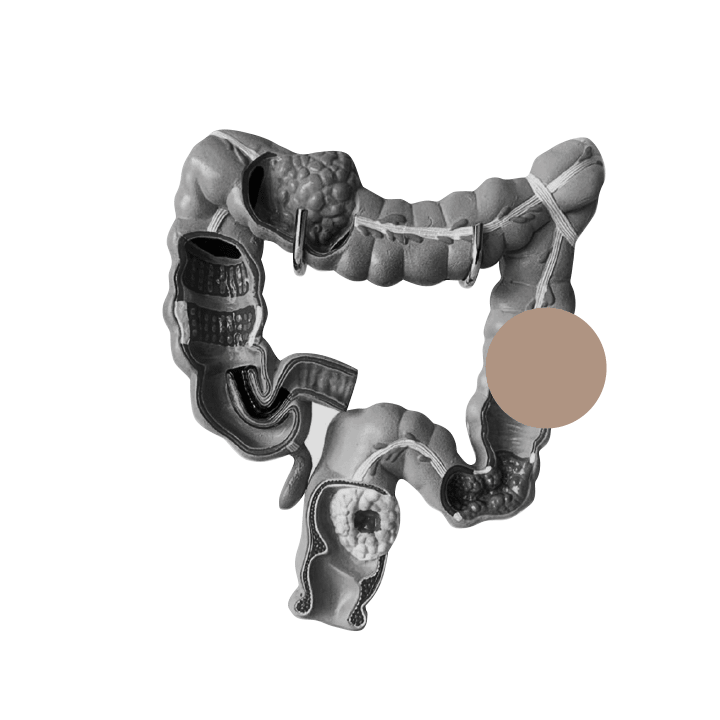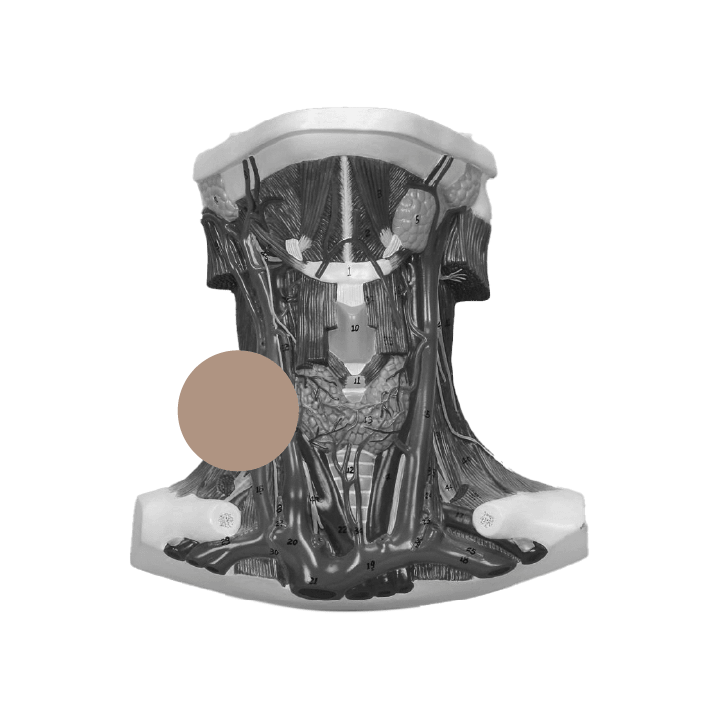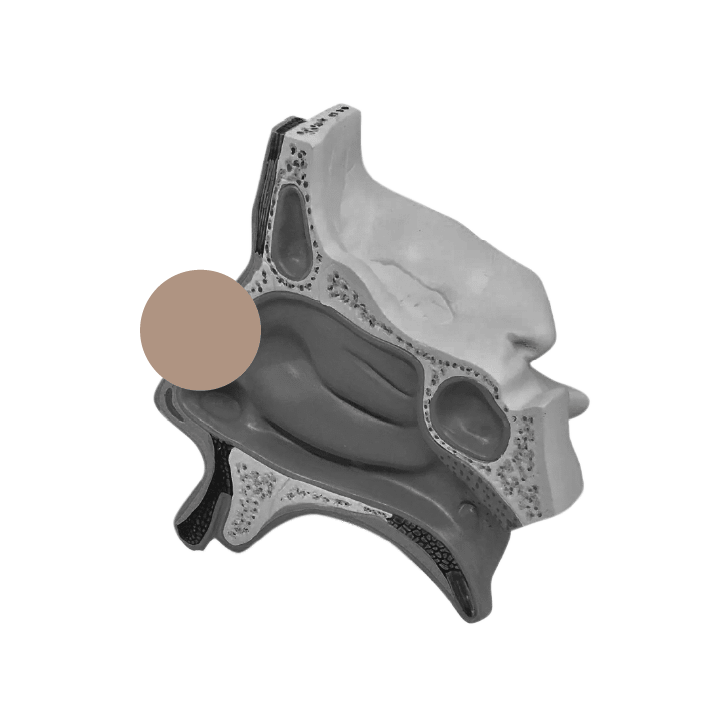September 11th and Lung Diseases
In the aftermath of September 11th, recovery efforts were complicated by the dust and debris surrounding Ground Zero. Rescue and recovery workers and survivors were exposed to hazardous air conditions associated with increased instances of lung disease.
The World Trade Center Health Program has funding available through the Victim Compensation Fund for 9/11 Survivors affected by lung disease. If you or someone you love suffers from lung disease related to September 11th, contact the law firm of Pitta & Baione to discuss your claim for benefits.
ABOUT 9/11 LUNG DISEASES
Diseases impacting the lungs target the upper and lower respiratory tract and most often cause difficulty breathing, chronic coughing, and wheezing. These symptoms can be vague enough to make it difficult to accurately identify that a serious problem even exists.
Common 9/11 lung diseases include:
Chronic Obstructive Pulmonary Disease (COPD)
Patients suffering from COPD are classified under one of four stages of severity. Chronic obstructive pulmonary disease includes chronic bronchitis and emphysema and is a long-term disease that causes obstructed airflow.
Pulmonary Fibrosis
A progressive and fatal disease, pulmonary fibrosis occurs when the tissue in the lungs becomes stiff from damage. The damaged tissue makes it difficult for the lungs to function properly. Patients with pulmonary fibrosis experience a slow increase in shortness of breath that most often results in respiratory failure.
Bronchiectasis
Patients with bronchiectasis experience frequent infections from a buildup of mucus and bacteria in the bronchial tubes of the lungs. The disease is a result of permanent damage, where the bronchial tubes are widened and thickened, allowing a place for bacteria to develop.
Asthma in 9/11 Rescue, Recovery Workers & Survivors
Asthma is a common condition in which your airways narrow and produce extra mucus triggering coughing and making it difficult to breath. 9/11 rescue, recovery workers and survivors may experience reactive airways dysfunction syndrome (RADS), a form of irritant-induced asthma experienced after exposure to high levels of chemical.
Interstitial Lung Diseases (ILD)
Interstitial lung diseases, when left untreated, can lead to high blood pressure, heart and respiratory failure. ILD encompasses a large group of diseases that cause scarring in the lungs, which ultimately leads to stiffness and difficulty breathing.
Pneumonia
Pneumonia is an infection in either one or both lungs caused by bacteria. The infection causes inflammation of the alveoli, the air sacs in your lungs. The alveoli fill with fluid and make it difficult to get a full, deep breath. Consistent pneumonia can be indicative of a more serious lung disease.
SYMPTOMS OF LUNG DISEASE
Symptoms like a cough alone may not cause much concern initially, but even the simplest of symptoms can develop into serious and life-threatening medical conditions. Signs that a cough or shortness of breath may need medical attention can show when you notice daily activities are becoming difficult.
Often, patients with lung diseases reach a point where they struggle to climb the stairs, carry their groceries, or hold their child. A diagnosed condition, like the ones listed above, can also be indicative of a more serious problem – like lung cancer. Some initial symptoms include trouble breathing, shortness of breath, persistent cough, and pain when breathing.
DIAGNOSING LUNG DISEASE
Diagnosing lung diseases requires an examination by a medical care provider. In addition to physical examinations and imaging scans, your medical professional may review medical history and exposure history to identify conditions that increase the severity of lung disease symptoms or to identify if a condition has become chronic.
TREATING LUNG DISEASE
Treating lung disease varies greatly on the type and severity of the condition. Medication, supplemental oxygen, and therapies like pulmonary rehabilitation are most common. Sometimes changing your diet can improve your lung function.
CONTACT A SEPTEMBER 11TH LAWYER TO DISCUSS YOUR ELIGIBILITY FOR BENEFITS
If you or a loved one suffer from airway or lung diseases related to exposure from September 11th, contact a 9/11 lung disease attorney at Pitta & Baione by completing our online contact form or calling us at 844-901-1312 to discuss your eligibility for benefits.
$550+ MILLION RECOVERED FOR OUR CLIENTS
